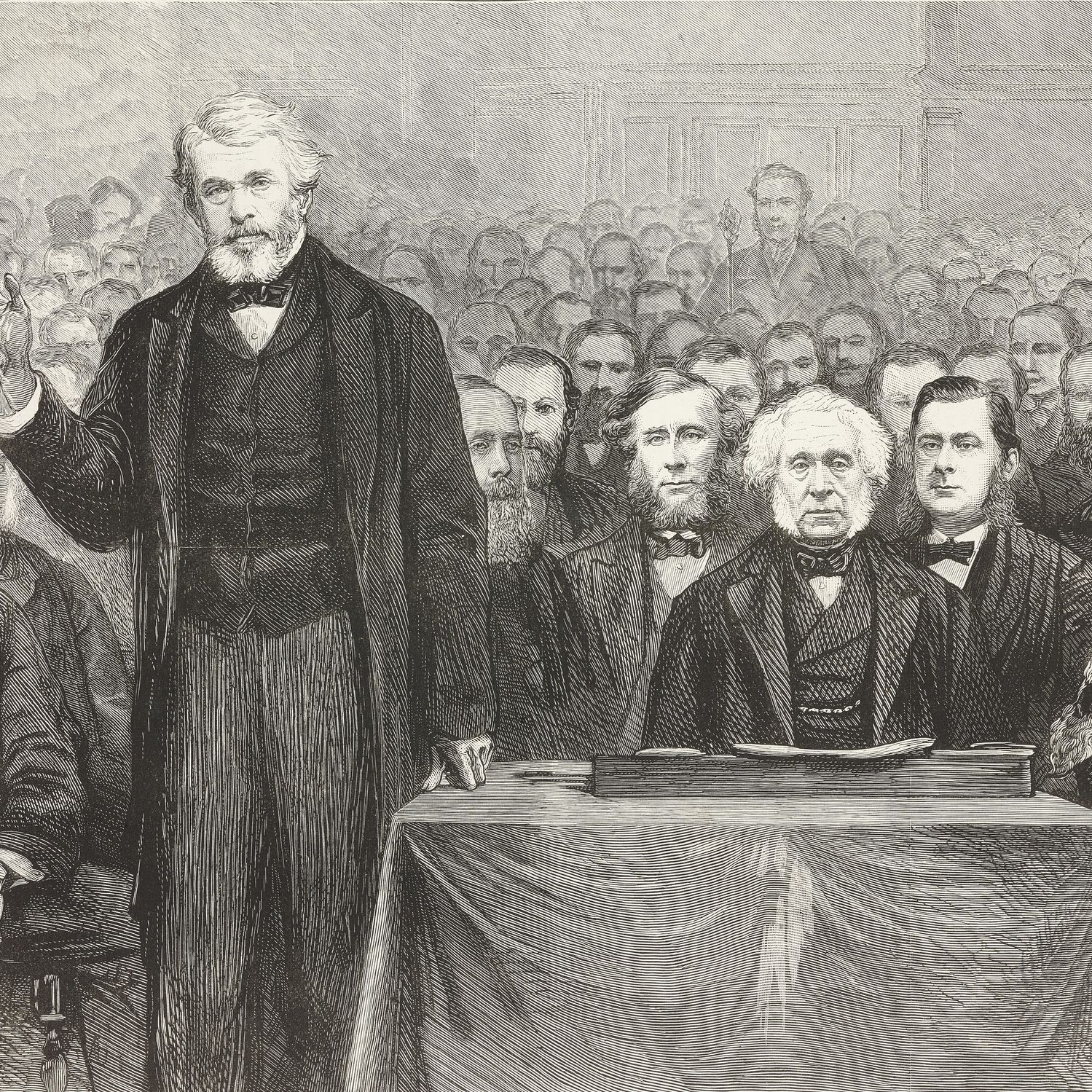OCTOBER 4, 2021 – Traditional conservatives are quick to condemn big spending bills as “inflationary. Little sets their hair on fire faster than, “a trillion bucks.”
Not all experts, however, think “a trillion bucks” are inflationary. Cathie Wood, whose Ark Investment Management fund has attracted billions of dollars, said recently on Bloomberg Wealth, “I truly believe we’re not in an inflationary period, and anyone planning for it is probably going to be making some mistakes.” She went on to describe deflationary factors.
I tend to agree with Ms. Wood.
Mind you, I’m no economist. Nevertheless, I remember three things about economics that I learned from undergraduate economics and more reliably, from real-world observations.
FIRST: a single number usually doesn’t convey useful information. You need at least two—often a lot more than two—numbers to evaluate any single figure. Take for example, “a trillion-dollar spending bill.” Sounds like a lot. Maybe it is, maybe it isn’t. The only way to know is to involve other figures, such as the expected period of expenditure (10 years), the current annual federal budget ($6.8 trillion), the total indebtedness of the federal government ($23 trillion), and most significant, the annual U.S. GDP (estimated at $21.5 trillion for 2021). Yet even with these several figures, you can’t fully judge the inflationary (if any) impact of “a trillion-dollar spending bill.” You need lots more numbers—including how the trillion dollars are to be spent and what kind of return or future cost avoidance is to be achieved.
SECOND: federal spending is not analogous to household or small business spending. Conservative politicians like to appeal to the “common sense” of conservative voters by saying, “You wouldn’t run your household budget that way,” or “You’d never run your company that way”—“that way” being deficit spending. No, of course you wouldn’t—or couldn’t for very long. But neither would you or your small business be able to issue debt that investors worldwide would buy despite an anemic return; nor could you increase your cash by spending it—as the government does via increased tax revenues when it stimulates the economy. Economics at the macro level is complex, and often phenomena such as sudden shocks to financial liquidity and “investor reserve” in the face of uncertainty created by political deadlock can create more havoc than what’s perceived as “inflationary spending” based on outcomes in eras long past, in which the economy rested on altogether different foundations.
THIRD: economists can’t always foresee accurately. The better ones hedge their bets. I remember attending an affair that my bank produced for high-end clients (I attended as an employee, not as a “high-end” client), featuring Louis Rukeyser. The indomitable host of PBS’s Wall Street Week asked the bank’s chief economist, “Where are rates headed?” At the end of a convoluted, five-minute discourse on interest rates and fed policy, the dismal scientist concluded, “Thus, over the next six to nine months, rates could go up or they could go down—it depends.”
(Remember to subscribe to this blog and receive notifications of new posts by email.)
© 2021 by Eric Nilsson
